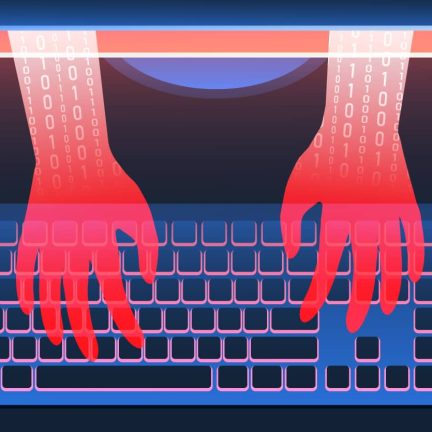
Why working from home poses many financial process challenges
Sarah Charlton, co-founder at BlueSky Legal Finance Solutions, says firms may have unwittingly picked up a number of bad compliance habits over the course of the last year, and that now is the time to fix those processes for the future
Well, 2020 was the year that was! The year that anyone old enough to remember living through it will never forget. What started off as the beginning of a new decade was soon overtaken by the Covid-19 pandemic. Everything changed very quickly and in ways that no one would have imagined.
One of the biggest changes for law firms was the rapid shift from mainly office-based employees to having the majority work remotely. There were lots of challenges – many were overcome with quick thinking and an attitude of adaptability – others not so easily.
For the purposes of legal finance, the processes firms had in place had to be adapted to the ‘new normal’ in which staff found themselves, namely being at home, often without access to printers, scanners and other facilities. With processes changing so quickly, firms now need to take stock and review their finance policy to ensure it’s still aligned to their processes.
For many, the annual SRA audit likely took place remotely. However, the auditors have had time to adapt their processes since your last audit and the ‘soft touch’ you may have experienced last year is unlikely to be repeated. Auditors are going to challenge your record keeping, challenge the format and challenge your audit trail.
Accounts teams have often relied on impromptu, face-to-face catch-ups within the office to chase fee earners into good compliance. What has replaced this? How successful has it been? Not only would tasks that are perceived as low priority risk neglect, such as residue balances or unreconciled items, but they also rely heavily reliance on intelligence usually gathered in the office (especially open plan offices). This process often helps to ‘tip off’ concerns relating to a specific case or an individual.
As financial compliance specialists, we would naturally be concerned about supervision as well as developing staff within their roles – these are both issues which have been well covered in previous articles. However, there are heightened risks around home-working, which should be considered for the sake of good financial compliance – namely, controls and security.
The ‘just get it done, no matter how’ ship has very much sailed, so you need to start evaluating how many of those initial workarounds still exist. How easy was it for you to override your office-based processes in the first place? Bad habits can span a number of areas, including client withdrawals signed/authorised after the event, only to provide an audit trail, with the real value being missed, to fee earners e-mailing credit/debit card details to their accounts department because they don’t have access to the physical terminal. Ultimately, internal controls should play a much stronger role in your business’s risk appetite when your staff are scattered over multiple locations.
When firms think of security, data and/or IT are often the first two things that spring to mind. While the loss of any data, client or commercial, would be very undesirable, the security of client money and assets have a potential risk profile far in excess of this. Could you still spot the signs of internal fraud?
As with most problems, there are solutions to all of these obstacles, and you should draw on the expertise of your COFA or head of finance and administration for further guidance.



